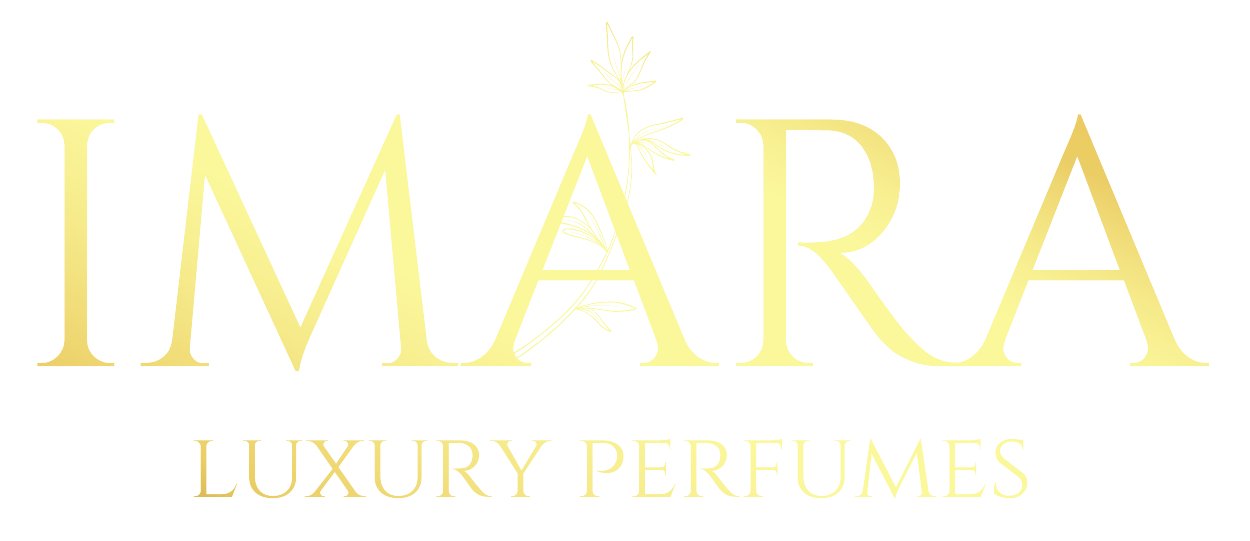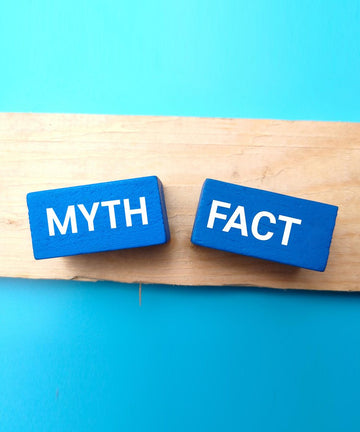Perfume has enchanted humanity for centuries, shrouded in mystery and allure. But amidst the captivating fragrances and glamorous allure, myths and misconceptions about perfume have also flourished. Let's delve into the world of perfume and uncover the truth behind some common myths and facts.
Myth 1: Expensive perfumes are always better.
Fact: While it's true that luxury perfumes often contain high-quality ingredients and exquisite craftsmanship, the price tag alone does not determine the quality of a fragrance. There are many affordable perfumes on the market that rival their more expensive counterparts in terms of scent, longevity, and complexity.
Myth 2: Perfume should be applied directly to clothing.
Fact: Perfume is designed to interact with the natural oils of your skin, which helps to release and enhance its fragrance. Applying perfume directly to clothing can not only alter the scent but also stain delicate fabrics. For best results, spritz perfume on pulse points such as the wrists, neck, and behind the ears.
Myth 3: Rubbing perfume into the skin helps it last longer.
Fact: Rubbing perfume into the skin can actually break down the molecular structure of the fragrance, resulting in a shorter lifespan and altered scent profile. Instead, simply let the perfume air dry naturally to preserve its integrity and longevity.
Myth 4: Perfume should only be worn on special occasions.
Fact: Perfume is a daily indulgence that can enhance your mood, boost your confidence, and leave a lasting impression. Whether you're heading to work, running errands, or enjoying a night out, there's never a wrong time to wear perfume.
Myth 5: Perfume smells the same on everyone.
Fact: Perfume interacts with everyone’s unique body chemistry, which means that the same fragrance can smell different on different people. Factors such as skin type, diet, and hormones can all influence how a perfume smells on your skin.
Myth 6: The more perfume you apply, the stronger the scent.
Fact: Less is often more when it comes to perfume. Overapplication can overwhelm the senses and even lead to headaches for those around you. A few well-placed spritzes on pulse points are all you need to create a subtle, alluring scent trail.
Myth 7: Perfume expires after a certain period.
Fact: While perfume can degrade over time due to exposure to light, heat, and air, it does not have a strict expiration date like food or medication. Properly stored perfume can last for several years, maintaining its quality and fragrance profile.
In conclusion, perfume is a magical elixir that captivates the senses and transforms everyday moments into extraordinary experiences. By separating fact from fiction, we can fully appreciate the beauty and allure of perfume and unlock its true potential to enhance our lives.





